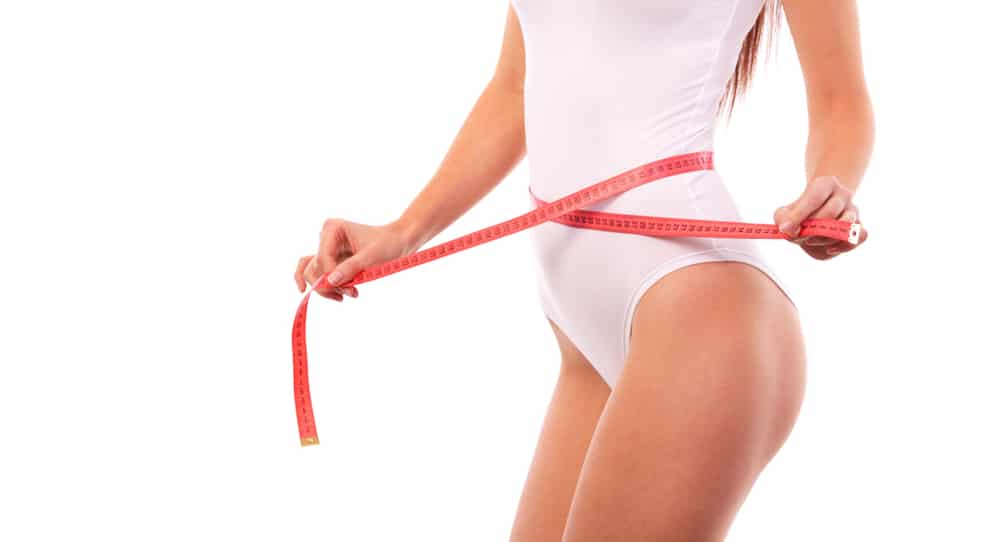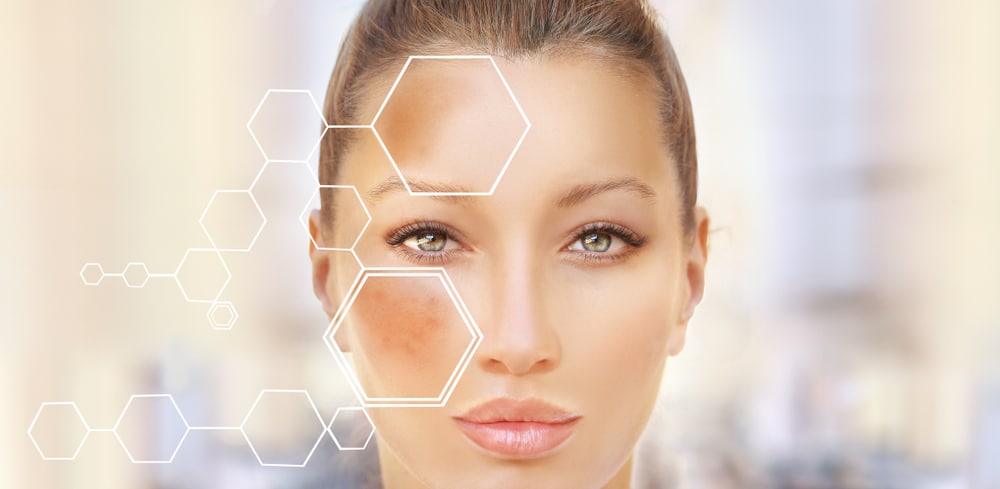Hidden Calories in Alcoholic Beverages:
Alcoholic beverages can be deceptively high in calories. You might be surprised to know that alcohol itself contains almost as many calories as pure fat. Additionally, the calories from alcohol are “empty calories” with no nutritional value.
- A 5-ounce glass of wine contains about 120 calories… That’s 2 small apples.
- A 12-ounce beer packs around 150-200 calories… That’s 2/3 cup of edamame.
- A 1.5-ounce shot of distilled spirits can range from 65-100 calories or more, depending on the proof… That’s about 14 almonds.
Metabolic Impact:
When we consume alcohol, our bodies prioritize metabolizing it over other nutrients, including carbohydrates and fats. This means that when alcohol is present, the metabolism of these other nutrients slows down, hindering our ability to burn stored fat. Additionally, alcohol disrupts the body’s natural fat-burning process by increasing the production of fatty acids. These compounds are then stored in the body as stubborn, difficult to get rid of fat. Alcohol can also decrease your blood sugar. This drop in blood sugar makes you want to reach for carbs or sweets. The liver helps to regulate blood sugar, but a liver busy at work metabolizing alcohol can’t do this effectively. Thus your blood sugar to drop and stay low until the alcohol is metabolized. This explains why you crave carbs and wake up with a headache the next day.

Appetite and Impulsive Eating:
Alcohol has a unique effect on our appetite regulation. It can increase feelings of hunger and decrease inhibitions, leading to impulsive eating choices and overeating. This is often accompanied by a preference for high-calorie, unhealthy foods. Late-night trips to fast food restaurants or indulging in greasy snacks can be all too common after a night of drinking. These additional calories can quickly add up and derail your weight loss efforts.
Slowing Down Metabolism:
Regular alcohol consumption can also impact our overall metabolism. Chronic alcohol intake can lead to a condition called alcoholic fatty liver, where fat accumulates in the liver and impairs its function. As the liver is a key organ involved in metabolic processes, this can lead to a decreased metabolic rate, making it even more challenging to shed those extra pounds.

Dehydration and Water Retention:
Alcohol is a diuretic, meaning it increases urine production and can lead to dehydration. When we are dehydrated, our bodies tend to retain water to compensate. The result is often bloating and water weight gain. This can mask any progress made in terms of fat loss and make it harder to track your actual weight loss.
Tips for Balancing Alcohol and Weight Loss:
- Moderation is key: Limit your alcohol intake. Guidelines suggest that women should consume no more than one drink per day, and men should stick to no more than 2 drinks per day. However, less is better!
- Opt for lower-calorie choices: Choose light beers, lower-alcohol wines, or spirits mixed with low-or-no-calorie mixers like sparkling water to reduce your overall calorie intake.
- Plan your indulgences: If you know you’ll be imbibing, plan your meals accordingly. Opt for light, healthy meals before and after to balance out the extra calories.
- Stay hydrated: Drink plenty of water before, during, and after alcohol consumption to minimize dehydration and water retention. Drink at least one glass of water for every alcoholic beverage consumed.
- Be mindful of your eating habits: Be aware of your impulses when drinking and make conscious decisions about food choices. Consider having healthy snacks available to avoid reaching for high-calorie options.
While alcohol can be a part of social occasions and personal enjoyment, it’s essential to be mindful of its impacts on weight loss goals. The hidden calories, slowed metabolism, increased appetite, and dehydration associated with alcohol consumption can hinder your progress. By practicing moderation, making smarter drink choices, and being mindful of your eating habits, you can strike a balance between imbibing and achieving your goals. Remember, knowledge and self-awareness are key to making informed decisions that support your overall well-being.
How Can Shea Aesthetic Clinic Help Me Lose Weight?
Shea Aesthetic Clinic offers a variety of weight loss services, including:
- Medical Weight Loss Program
- One-on-one Physician Counseling
- Weekly Weight Loss Shot, Semaglutide (Ozempic)
- Nutrition And Exercise Counseling
- Weight Loss Coaching with Weekly Monitoring
Our team of experts can help you create a personalized weight loss plan that meets your individual needs and goals. We will work with you to identify the root cause of your weight gain and develop a plan tailored to your needs. We will also provide you with the support and resources you need to succeed in your weight loss journey.
To learn more about how Shea Aesthetic Clinic can help you lose weight, please visit our weight loss webpage.




